Inclusive leadership
Written by: Amy Stern, Managing Director, Research and Strategy
(View Author Bio)
BI WORLDWIDE research suggests that if you ask 100 managers, 85 will say they want to be equitable and inclusive. Organizations have made great strides in leaders understanding the why of inclusive leadership, but the how remains a bit of a mystery. And this leaves half of employees without truly inclusive leaders.

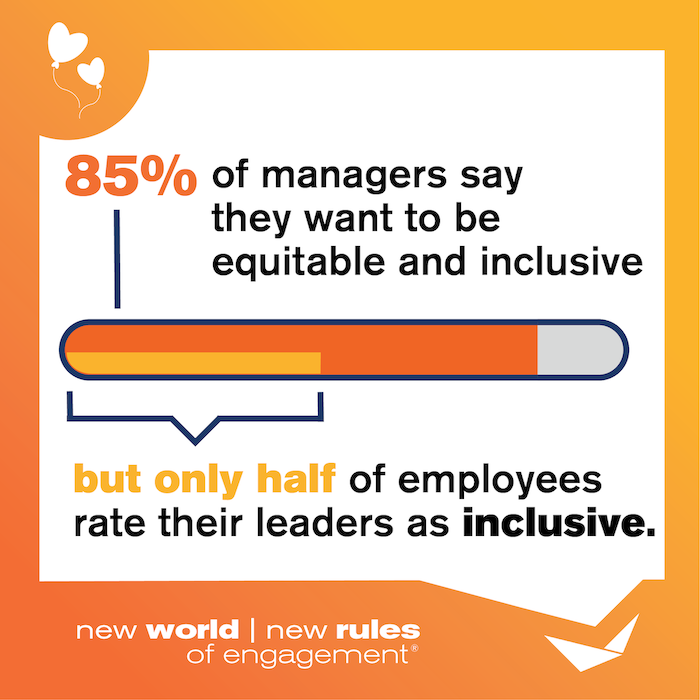
Many managers realize they may have this gap in knowledge. 23% of those who said they wanted to be more equitable and inclusive shared they have not had training on how to do so. One in four of those managers say they don’t know what inclusive behaviors even look like.
Promoting inclusive behaviors can have a substantial impact on the employee experience and business outcomes. Employees who have inclusive leaders are 10 times more likely to feel a sense of belonging at work. Those who feel like they belong are more likely to want to stay at the organization, give their best effort and feel inspired by the work they do. And, leaders who feel included are more likely to want to be inclusive themselves.
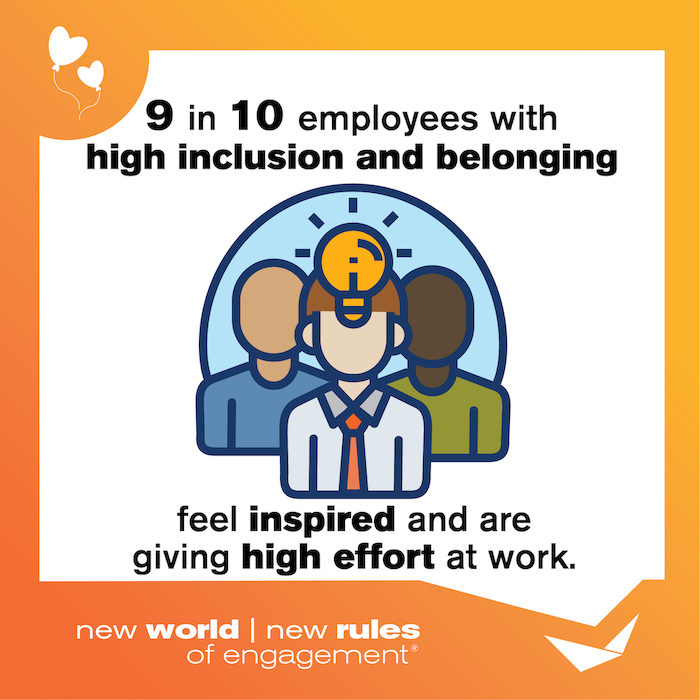
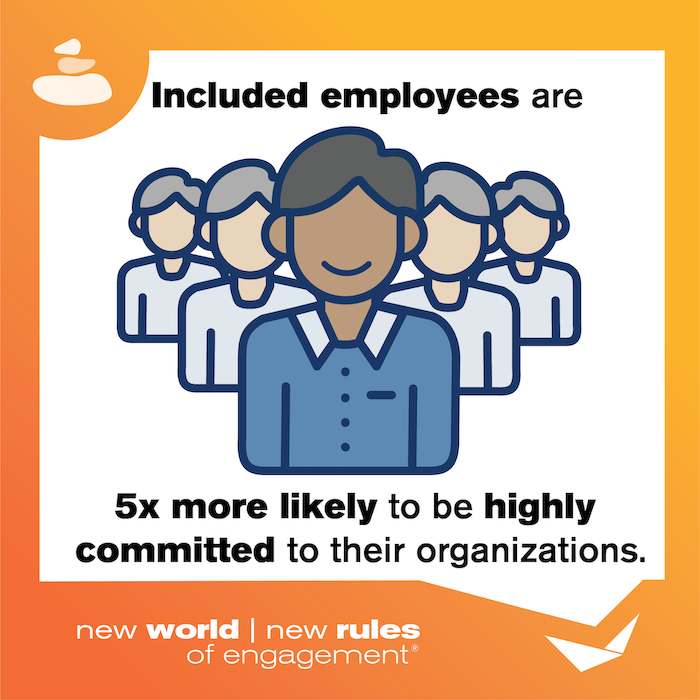
So what behaviors should we strive for?
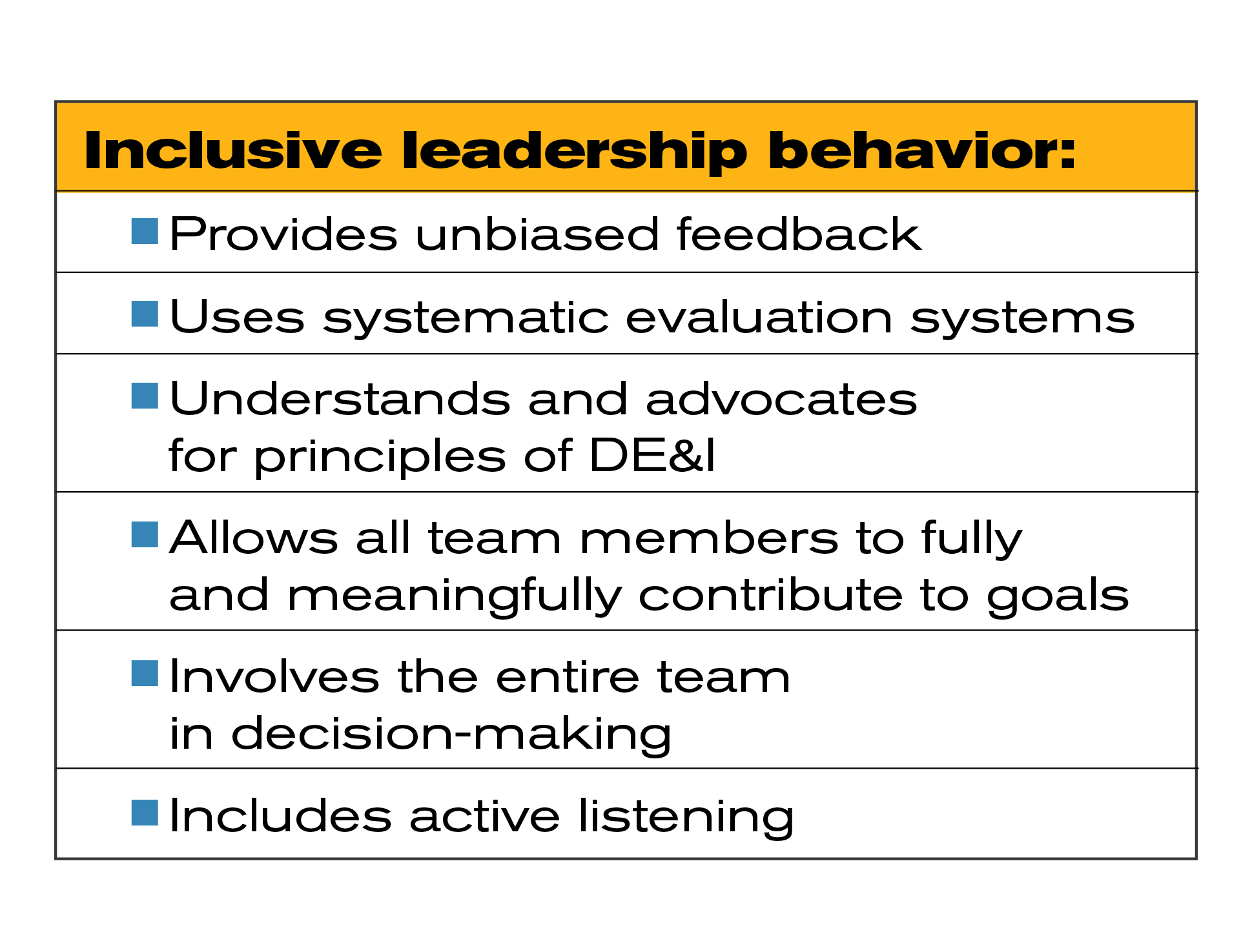
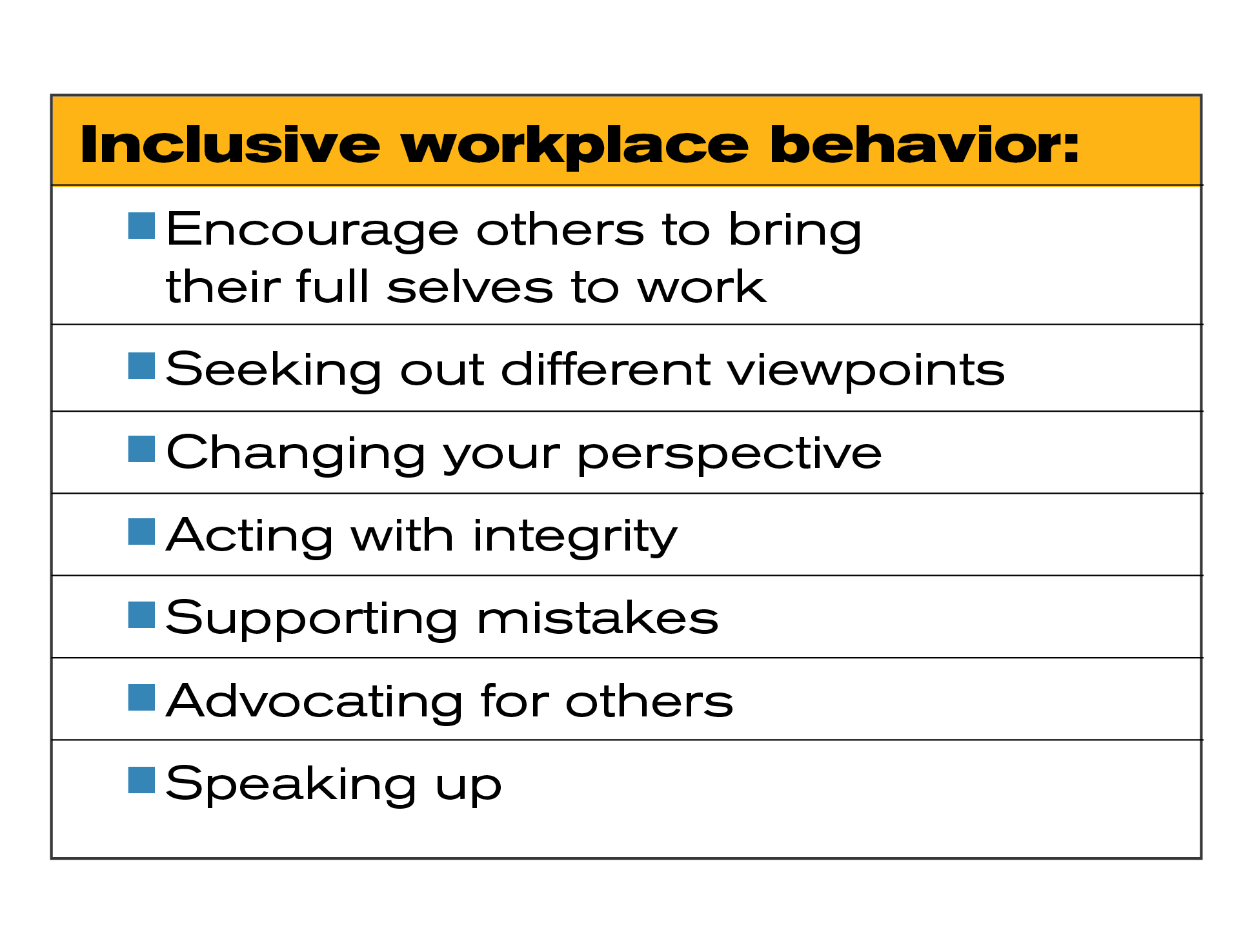
Everyday behavior change is perhaps the most difficult part of creating a diverse, equitable and inclusive workplace. Organizations can support these behaviors by identifying and recognizing them. Managers can further benefit from nudges to change their daily behavior.
____________________
It is exciting to see leaders enthusiastic about becoming more equitable and inclusive, but it will not happen on its own. They need support, education, reinforcement and most of all, practice.
____________________
The best way to get started is to get in touch.


















